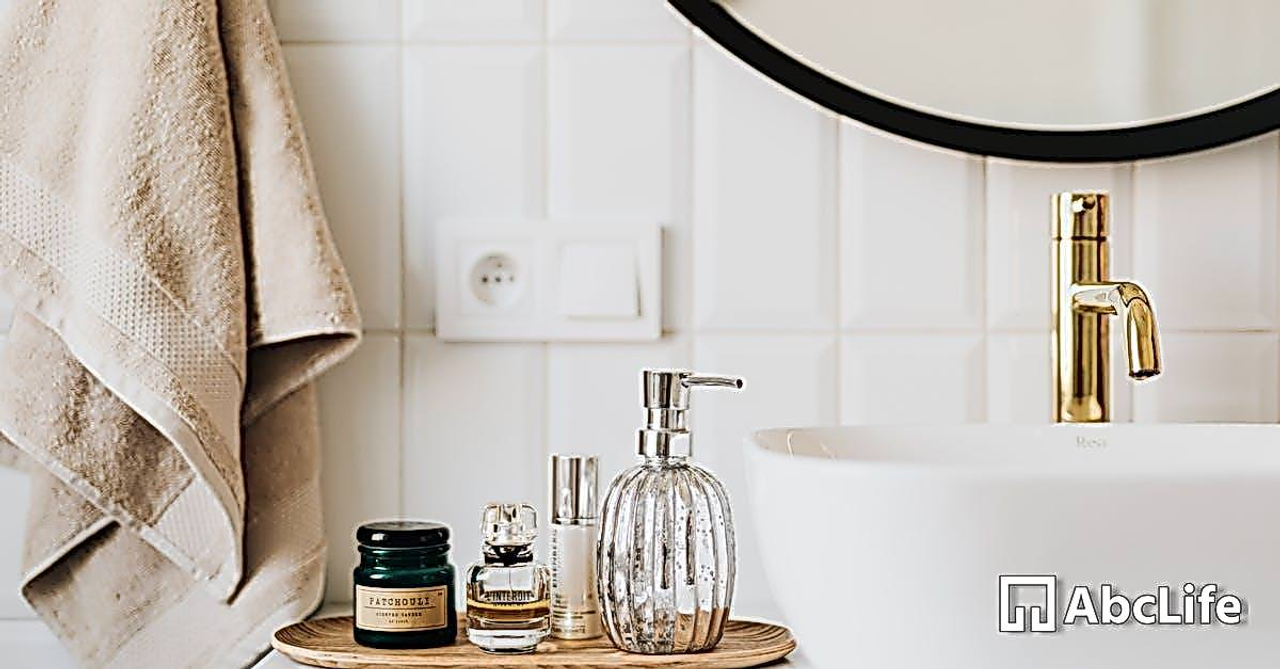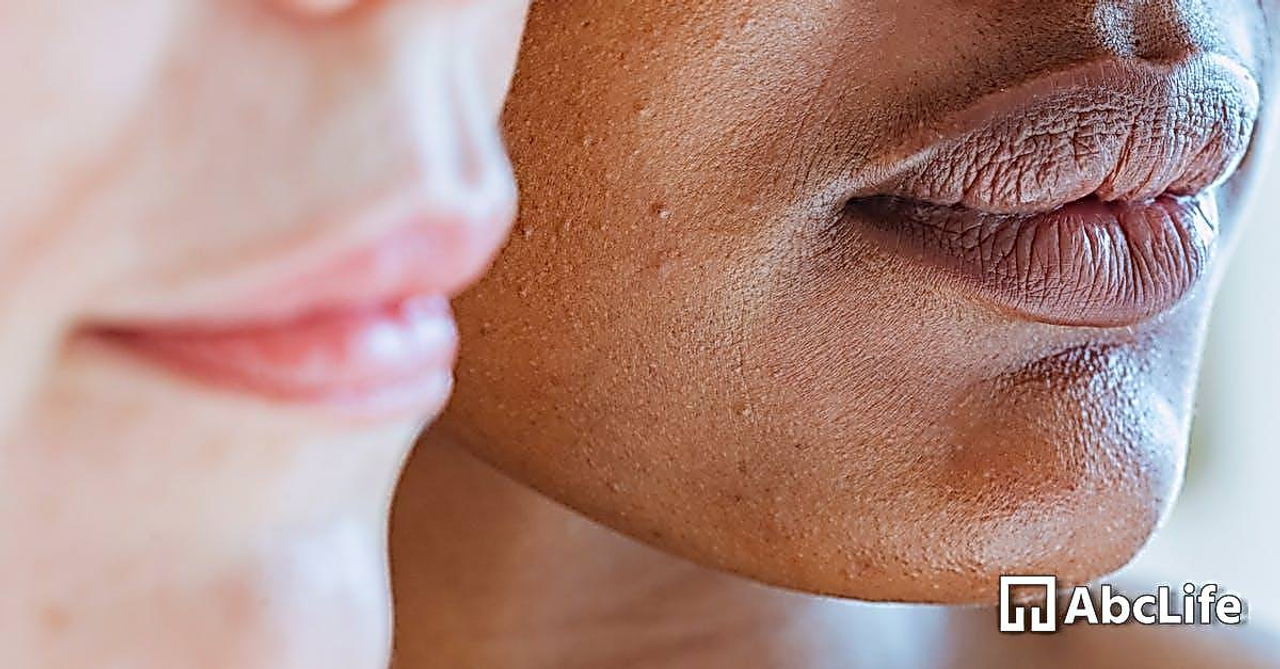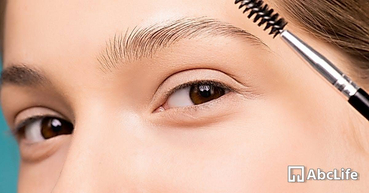You've come to the right place if you're looking for tips and techniques to help you achieve flawless skin. It is not impossible to achieve flawless skin, and with the right knowledge and products, you can make it happen. This guide covers the fundamentals of skincare, such as determining your skin type, developing a skincare routine, and selecting the appropriate products. We'll also go over more advanced techniques, such as skin treatments, supplements, and lifestyle changes, to help you achieve clear, radiant skin. This guide will help you create a tailored skincare regimen that will work for you, whether you have dry, oily, or combination skin.
The Importance of Understanding Your Skin Type

It is critical to identify your skin type before beginning any skincare routine. Not all skin types are the same, and each requires a different approach to achieve a flawless complexion. Understanding your skin type will assist you in selecting the appropriate products and skincare routine.
Normal, oily, dry, combination, and sensitive skin are the five skin types. Normal skin has an even tone and texture that is neither dry nor oily. Acne is more likely in oily skin because it produces more sebum and has enlarged pores. Dry skin is dehydrated and can feel tight and uncomfortable. Combination skin is characterized by an oily T-zone and dry cheeks. Sensitive skin is easily irritated and prone to inflammation.
After determining your skin type, you can select skincare products that address your specific needs. If you have oily skin, look for acne-controlling products that are oil-free and contain salicylic acid. To hydrate and soothe dry skin, moisturizing products containing ingredients such as hyaluronic acid or ceramides are required. Combination skin requires a more balanced approach, including lightweight moisturizers and spot treatments for oily spots.
Understanding your skin type and choosing the right skincare routine will help you achieve a flawless complexion and keep your skin healthy and glowing for years to come.
Creating an Effective Skincare Routine

Maintaining healthy, flawless, and youthful-looking skin requires a good skincare routine. A consistent skincare routine will assist in addressing specific skin concerns while also preventing future damage and signs of aging. Here are some pointers to help you develop an effective skincare regimen:
Determine Your Skin Type
It is critical to identify your skin type so that you can tailor your skincare routine to your specific requirements. There are four types of skin: oily, dry, combination, and normal. To determine your skin type, you can consult a dermatologist or take online quizzes.
Cleanse, Tone and Moisturize
A skincare routine consists of three basic steps: cleansing, toning, and moisturizing. Toner restores the skin's natural pH balance and prepares it for moisturizer, while cleansing removes dirt, oil, and impurities. Moisturizing keeps the skin soft and hydrated.
Add Treatments and Serums
Following cleansing, apply treatments and serums that address specific skin concerns such as acne, dark spots, and fine lines. These products are designed to penetrate the skin deeply and contain active ingredients that improve the skin's overall appearance.
Sun Protection
Sun protection is critical for preventing premature aging, dark spots, and skin cancer. When exposed to the sun, use a broad-spectrum sunscreen with at least SPF 30 and reapply every two to three hours.
A consistent skincare routine is essential for flawless skin. Following these tips and techniques will assist you in developing an efficient routine that will result in healthy, glowing, and youthful-looking skin.
Choosing the Right Products for Your Skin
Choosing the right skin care products is essential for achieving and maintaining flawless skin. It is critical to first determine your skin type, whether it is oily, dry, combination, or sensitive. Understanding your skin type will help you choose the right products to address your skin concerns.
When shopping for skincare, look for ingredients that will benefit your skin type. If you have dry skin, for example, look for products that contain hydrating ingredients like hyaluronic acid and glycerin. Choose products containing salicylic acid or benzoyl peroxide to clear acne and control sebum production if you have oily skin.
It is also critical to avoid products that may harm your skin, such as those containing harsh chemicals or alcohol. Always read the label to ensure that the ingredients are appropriate for your skin type.
Finally, give your skincare routine time to work before switching to another product. Remember to wear sunscreen every day, even on cloudy days. This will help to protect your skin from UV rays, which can cause premature aging and skin damage.
The Benefits of Regular Exfoliation
Exfoliation is the procedure used to remove dead skin cells from the skin's surface. While exfoliation may appear to be an unnecessary step in your skincare routine, it has numerous benefits, including:
1. Smoother, brighter skin
Dead skin cells can accumulate on the skin's surface, resulting in a dull, uneven complexion. You can slough away these dead cells and reveal smoother, brighter skin beneath by exfoliating on a regular basis. This can help improve your skin's texture and tone, giving you a more youthful and radiant appearance.
2. Reduced pore size and fewer breakouts
When dead skin cells and excess oil accumulate on the skin's surface, they can clog pores and cause acne. Exfoliation can help prevent this by unclogging and cleaning the pores. This can reduce the appearance of pores and aid in the prevention of acne and other blemishes.
3. Improved product absorption
Exfoliating can also help other skincare products, such as moisturizers and serums, absorb better. These products can penetrate deeper into the skin and work more effectively by removing dead skin cells and unclogging pores. This can help you improve the outcomes of your skincare routine.
Overall, exfoliation is an important step toward having flawless skin. You can enjoy smoother, brighter, and more radiant skin with fewer breakouts and better product absorption by incorporating this simple step into your skincare routine.
Importance of Hydration for Healthy Skin
Many people prioritize having healthy skin, and there are numerous ways to accomplish this. Among these, staying hydrated is a must for achieving flawless skin. Hydration is essential for maintaining healthy, supple, and glowing skin. Proper hydration aids in the removal of toxins from the body, resulting in healthy, youthful-looking skin.
Dehydration can make your skin dry, flaky, and dull. When you don't drink enough water, your skin becomes less resilient and loses its elasticity. This can cause fine lines and wrinkles, making you appear older than you are. A lack of hydration can also cause the skin to produce too much oil, which can clog pores and cause breakouts.
To keep your skin looking its best, drink plenty of water and keep your skin hydrated from the outside as well. Using a high-quality moisturizer can help to keep moisture in the skin and prevent it from evaporating. Consuming water-rich foods, such as fruits and vegetables, can also help to keep the skin hydrated from within.
Finally, staying hydrated is an important step toward having flawless skin. Drinking plenty of water, using a high-quality moisturizer, and eating water-rich foods can all contribute to healthier, younger-looking skin.
Advanced Skincare Techniques for Flawless Skin
Skincare is an important part of anyone's daily routine. It is critical to keep your skin looking healthy and vibrant throughout your life. There are numerous skincare techniques available to assist you in achieving flawless skin. However, there are advanced techniques that have been shown to be effective in improving skin condition.
Dermaplaning
Dermaplaning is a popular skincare technique that involves exfoliating the skin's surface with a surgical scalpel. This technique aids in the removal of dead skin cells, debris, and facial hair from the skin's surface over time. Dermaplaning results in skin that is smoother, brighter, and more radiant. It is appropriate for all skin types and is a non-invasive procedure with no downtime.
Micro-needling
Micro-needling is a technique that involves making microscopic punctures in the skin's surface with a handheld device equipped with very fine needles. This technique stimulates the skin's natural healing response and increases collagen production, which improves the texture, tone, and overall appearance of the skin. Micro-needling can also aid in the reduction of fine lines, wrinkles, and scars. To avoid complications, it is critical to seek the advice of a professional before undergoing micro-needling.
You can achieve flawless and healthy-looking skin by using advanced skincare techniques such as dermaplaning and micro-needling. However, it is critical to remember that these techniques should be performed by a professional and with extreme caution in order to avoid any negative consequences.
The role of diet and lifestyle in skincare
While skincare products can help you achieve flawless skin, what you eat and your daily lifestyle choices can also have an impact. Because your diet and habits can have an impact on the overall health of your skin, it's critical to live a healthy lifestyle to keep your skin looking its best.
Staying hydrated is one of the most important factors in achieving flawless skin. Drinking enough water throughout the day aids in the removal of toxins and impurities, resulting in clearer skin. A diet high in fruits and vegetables can also provide essential vitamins and nutrients that contribute to healthy skin. Antioxidant-rich foods, such as berries and leafy greens, can also help to protect the skin from free radical damage.
In addition to a healthy diet, getting enough sleep and exercise can improve the appearance of your skin. Sleep is required for the body to repair and renew itself, and sleep deprivation can result in dark under-eye circles and a dull complexion. Exercise improves circulation, which can aid in the reduction of inflammation and the promotion of a healthy, radiant glow.
In conclusion
To achieve flawless skin, you must care for your body both inside and out. A healthy diet, combined with regular exercise and plenty of sleep, can help to improve the overall health of your skin, resulting in a brighter, smoother complexion.
Myths and Facts About Achieving Flawless Skin
There are many myths and misconceptions about achieving flawless skin that can actually do more harm than good. To achieve healthy, radiant skin, it's critical to separate fact from fiction. In this article, we'll debunk some of the most common skincare myths.
Myth: To remove dead skin cells, you must vigorously scrub your skin.
Fact: Scrubbing your skin vigorously can cause skin damage and irritation. Exfoliating your skin gently with a mild exfoliator and soft circular motions is essential. Excessive exfoliation can cause redness, dryness, and damage to your skin's protective barrier.
Myth: Sunscreen is only necessary on sunny days.
UV rays can pass through clouds, causing premature aging, dark spots, and even skin cancer. Sunscreen should be worn every day, regardless of the weather. Look for a broad-spectrum sunscreen with an SPF of at least 30 that protects against both UVA and UVB rays.
Myth: Using more products results in better results.
Fact: Using too many products on your skin can lead to congestion, breakouts, and irritation. It is critical to have a simple and consistent skincare routine that is appropriate for your skin type. Choose products that contain high-quality ingredients and address your specific skin concerns.
You can achieve healthy, radiant, and flawless skin by separating fact from fiction. Remember to treat your skin gently, to wear sunscreen every day, and to develop a practical skincare routine that works for you.











